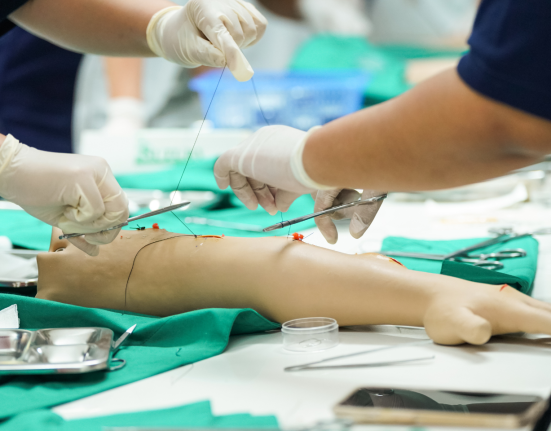So, you’ve completed your PRP journey and officially earned the title of Fully Registered Pharmacist (FRP). Congratulations—it’s no small feat. But as the excitement settles, a new question often arises: what’s next?
Many pharmacy graduates believe the only two routes are community or hospital pharmacy. While both are solid career paths, the truth is that being an FRP opens many doors—some you might not even have considered yet.
In this article, we’ll walk through a variety of career options available to fully registered pharmacists, with tips to help you find the right fit based on your strengths, interests, and long-term goals.
1. Community Pharmacy
What it involves:
You’ll be the first point of contact for many patients. Duties include dispensing medications, giving over-the-counter advice, health screenings, and increasingly—offering vaccination services.
Ideal for you if:
You enjoy interacting with the public and want to make a direct impact on everyday health decisions.
Bonus:
Opportunities to move into management or even own your own pharmacy.
2. Hospital Pharmacy
What it involves:
Working alongside doctors and nurses to ensure safe and effective use of medicines. You’ll be involved in patient care plans, medication reviews, and clinical decisions.
Ideal for you if:
You love structured environments and are keen to work in multi-disciplinary teams.
Did you know?
Hospital pharmacists can specialise in areas like oncology, infectious diseases, or ICU support.
3. Industrial Pharmacy
What it involves:
Work in pharmaceutical companies focusing on R&D, quality control, regulatory affairs, or production.
Ideal for you if:
You’re interested in the science behind drug development and enjoy lab work or compliance-related roles.
4. Academic & Research Roles
What it involves:
Teaching at pharmacy schools or contributing to clinical and pharmaceutical research projects.
Ideal for you if:
You have a passion for education or want to explore drug discovery and evidence-based medicine.
5. Regulatory Affairs & Government Agencies
What it involves:
Shaping policy, ensuring drug safety, and working with national health or drug regulation bodies.
Ideal for you if:
You’re detail-oriented and interested in policy, public health, or national healthcare systems.
6. Pharmaceutical Sales & Medical Affairs
What it involves:
Act as the bridge between pharmaceutical companies and healthcare providers, often providing technical knowledge and product training.
Ideal for you if:
You’re outgoing, confident, and have strong communication skills.
7. Entrepreneurship
What it involves:
Opening your own pharmacy, wellness brand, consultancy, or even tech startup in healthcare.
Ideal for you if:
You’re business-minded and ready to take risks for higher reward and autonomy.
8. Digital Health & Telepharmacy
What it involves:
Offering consultations or managing medication therapy online. Some platforms hire pharmacists to support remote patients.
Ideal for you if:
You’re tech-savvy and interested in the future of healthcare delivery.
How to Choose Your Path
With so many options available, it’s okay to feel unsure. Here’s how to narrow it down:
- Identify your strengths: Are you better with people, data, or systems?
- Reflect on your interests: Do you prefer patient-facing roles or behind-the-scenes operations?
- Test the waters: Internships, part-time roles, and mentorships can provide clarity.
- Stay open-minded: It’s okay to pivot as your career progresses.
Becoming a Fully Registered Pharmacist is just the beginning. The profession is constantly evolving, and pharmacists are playing increasingly vital roles beyond the dispensary.
Your pharmacy degree—and now your registration—are incredibly versatile tools. Whether you see yourself in a lab coat, business suit, or even working from a laptop at home, there’s a pharmacy career that fits.
Stay curious, stay learning—and carve your own path.

























